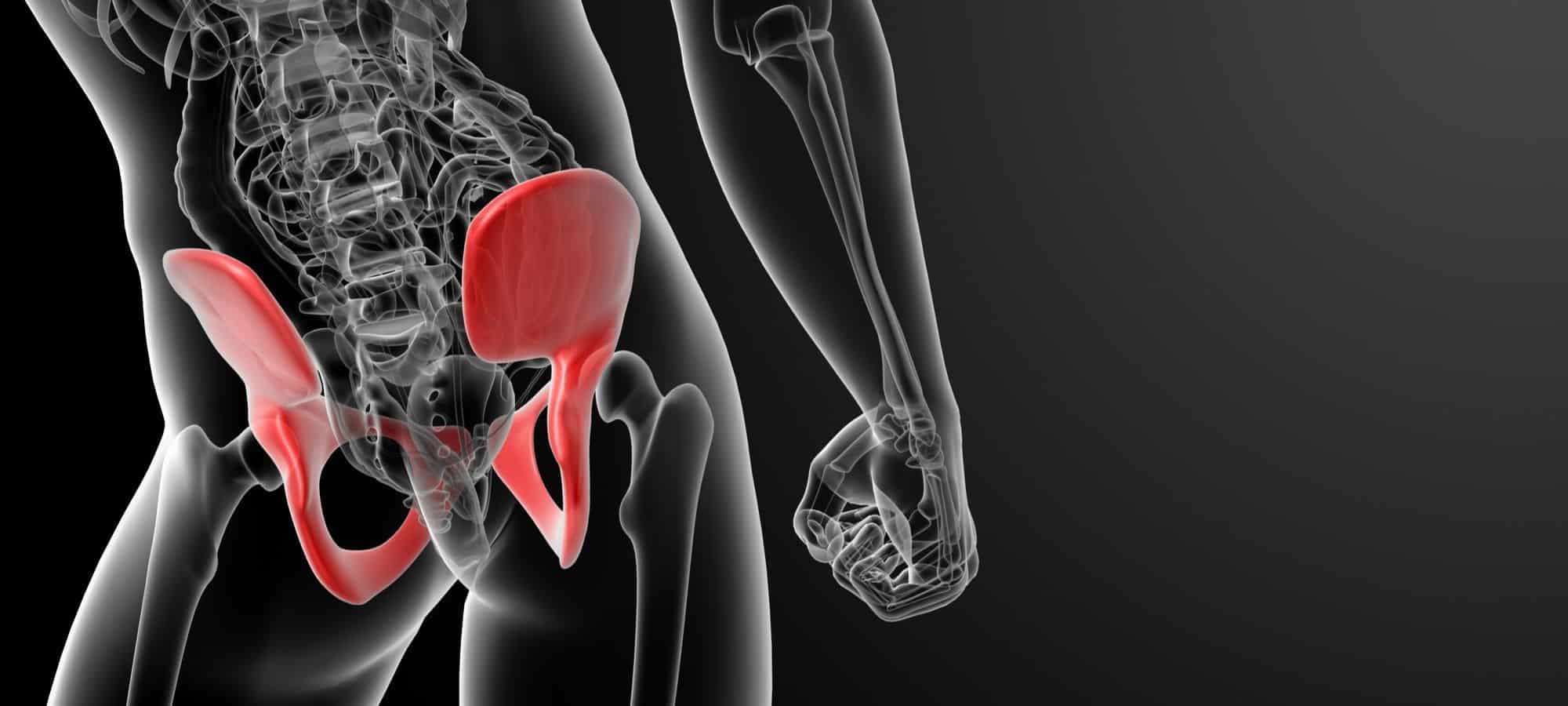5 Reasons to Try Physiotherapy for Pelvic Floor Muscles
Have you heard of the term Pelvic Health? It’s a growing area of medical interest, particularly within the branch of Rehabilitation Medicine. At our clinic, we are passionate about this area of medical knowledge. We believe that it has the potential to help our patients stay healthy, active, and happy at times and in ways that have been ignored all too often by the medical community.
Acknowledging that we have some incredible Pelvic Health Physiotherapists at South Island Physiotherapy and that this area of medical knowledge isn’t quite as mainstream as it ought to be, we figured a blog post might help answer some questions about pelvic floor health.
This blog post is meant to introduce you to Pelvic Health Physiotherapy, including what it is, what it can do, and who might benefit.
What is Pelvic Health Rehabilitation?
Pelvic Health Rehabilitation is a specialized branch of Rehabilitation Medicine that involves the assessment and treatment of the pelvic region. This dynamic area consists of the pelvic floor, hips, abdomen, and lower back.
The pelvic floor is a group of muscles and connective tissues located at the base of the pelvis, extending from the pubic bone to the tailbone. These muscles play a crucial role in bladder and bowel control, sexual function, stability of the pelvis, and support for the organs in the pelvic area, such as the bladder, uterus, and rectum.
Who Should Visit a Pelvic Health Physiotherapist?
Pelvic Health isn’t just for some people – it’s for everyone, including us here at South Island Physiotherapy. We take it seriously (while having fun) and think you should as well.
That being said if you experience symptoms related to pelvic floor issues such as urinary incontinence or urgency, pelvic pain, increased pain during menstruation, and pain during intercourse (etc.). Additionally, if you’re pregnant or have recently given birth, you might want to consider visiting one of our Pelvic Health Specialists to address concerns and take control of your pelvic health.
Our goal at South Island Physiotherapy is to help you navigate leaking, heaviness, pain, pregnancy, and postpartum, and a safe return to the activities you love!
What are the Top Five Reasons for Visiting a Pelvic Health Physiotherapist?
- Pelvic Pain
If you experience pelvic pain, whether it’s chronic or related to a specific condition or injury, a Physiotherapist at South Island Physiotherapy can assess and treat the underlying causes. They can help identify and address muscular imbalances, tension, or dysfunction in the pelvic floor muscles, providing targeted exercises, manual therapy techniques, and education to alleviate pain and improve overall health and wellness.
- Urinary Incontinence
Pelvic floor weakness or dysfunction can contribute to urinary incontinence, which can be distressing and impact daily life. The Physiotherapists at South Island Physiotherapy can offer specific exercises and strategies to strengthen or relax the pelvic floor muscles, improve bladder control, manage or eliminate urinary incontinence, and improve quality of life.
- Pelvic Organ Prolapse
Pelvic organ prolapse occurs when the pelvic organs descend or bulge into the vaginal canal due to weakened pelvic floor muscles and connective tissues. The Physiotherapists at South Island Physiotherapy can provide guidance on exercises, lifestyle modifications, and strategies to support the pelvic floor, manage symptoms, and potentially prevent the progression of prolapse.
- Pre and Postnatal Care
Pelvic Floor Rehabilitation can be highly beneficial during pregnancy and after childbirth. The Physiotherapists at South Island Physiotherapy can provide education and exercises to prepare the pelvic floor for labour, address common issues such as pelvic pain or incontinence during pregnancy, and assist with postpartum recovery, including pelvic floor strengthening and rehabilitation.
- Sexual Dysfunction
Pelvic Rehabilitation can also assist individuals, both male and female alike, who are experiencing sexual dysfunction related to pelvic floor issues. They can assess and address factors such as pelvic pain, muscle tension, or coordination problems that may contribute to discomfort or difficulties during sexual activity. Treatment may involve manual therapy techniques, exercises, and education to improve pelvic floor function and enhance sexual well-being.
—-
Frequently Asked Questions (FAQ)
1. What is pelvic floor physiotherapy?
Pelvic Floor Physiotherapy is a specialized branch of physiotherapy that focuses on treating pelvic floor dysfunction. The pelvic floor refers to the group of muscles and organs located in the pelvis which support the bladder, bowel, and uterus. A pelvic floor physiotherapist can help with issues related to incontinence, pelvic pain, prolapse, and other pelvic health concerns.
2. What conditions can be treated with pelvic floor physiotherapy?
Pelvic Floor Physiotherapy can help treat a range of conditions, including urinary incontinence, pain during intercourse, prolapse, constipation, erectile dysfunction and pelvic pain. It can also be helpful in managing pelvic health concerns during pregnancy and postpartum.
3. What happens during a Pelvic Floor Physiotherapy session?
During a pelvic floor physiotherapy session, the physiotherapist will assess your pelvic floor muscles and identify any dysfunction or weakness. They may use acupuncture, manual therapy, or exercise to help strengthen these muscles and improve pelvic floor function. The therapist will also provide advice on daily habits and exercises that may help improve your pelvic health.
4. Am I a candidate for pelvic floor physiotherapy?
If you experience symptoms related to pelvic issues, such as urinary incontinence, pain during intercourse, post-prostate surgery, or generalized pelvic pain, you may benefit from pelvic floor physiotherapy. Additionally, if you are pregnant or have recently given birth, you may wish to consult with a pelvic floor physiotherapist to ensure the health of your pelvic floor muscles.
5. Is pelvic floor physiotherapy covered by my health insurance?
Many health insurance plans cover pelvic health physiotherapy. It is important to check with your provider to see what is covered under your plan.
6. How long does a pelvic floor physiotherapy session typically last?
A typical pelvic health physiotherapy session lasts between 30 and 60 minutes. The length of the session may vary depending on the individual needs of the patient.

